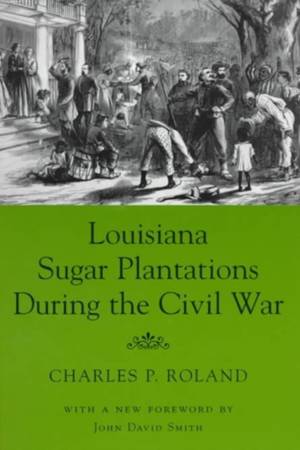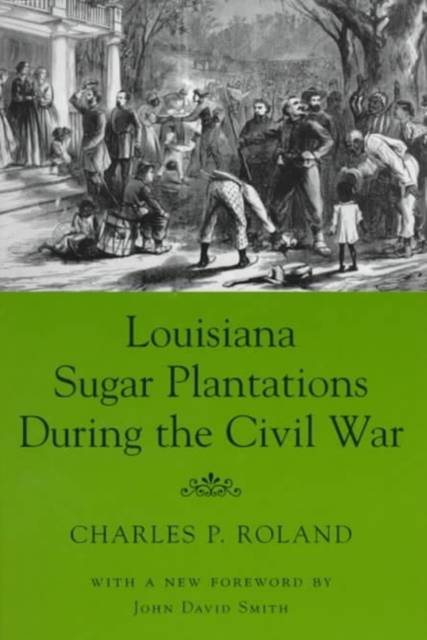
- Afhalen na 1 uur in een winkel met voorraad
- Gratis thuislevering in België vanaf € 30
- Ruim aanbod met 7 miljoen producten
- Afhalen na 1 uur in een winkel met voorraad
- Gratis thuislevering in België vanaf € 30
- Ruim aanbod met 7 miljoen producten
Zoeken
€ 34,95
+ 69 punten
Omschrijving
This early work by the esteemed historian Charles P. Roland draws from an abundance of primary sources to describe how the Civil War brought south Louisiana's sugarcane industry to the brink of extinction, and disaster to the lives of civilians both black and white. A gifted raconteur, Roland sets the scene where the Louisiana cane country formed "a favored and colorful part of the Old South," and then unfolds the series of events that changed it forever: secession, blockade, invasion, occupation, emancipation, and defeat. Though sugarcane survived, production did not match prewar levels for twenty-five years.
Roland's approach is both illustrative of an earlier era and remarkably seminal to current emancipation studies. He displays sympathy for plantation owners' losses, but he considers as well the sufferings of women, slaves, and freedmen, yielding a rich study of the social, cultural, economic, and agricultural facets of Louisiana's sugar plantations during the Civil War.Specificaties
Betrokkenen
- Auteur(s):
- Uitgeverij:
Inhoud
- Aantal bladzijden:
- 150
- Taal:
- Engels
Eigenschappen
- Productcode (EAN):
- 9780807122211
- Verschijningsdatum:
- 1/11/1997
- Uitvoering:
- Paperback
- Formaat:
- Trade paperback (VS)
- Afmetingen:
- 153 mm x 226 mm
- Gewicht:
- 244 g

Alleen bij Standaard Boekhandel
+ 69 punten op je klantenkaart van Standaard Boekhandel
Beoordelingen
We publiceren alleen reviews die voldoen aan de voorwaarden voor reviews. Bekijk onze voorwaarden voor reviews.











